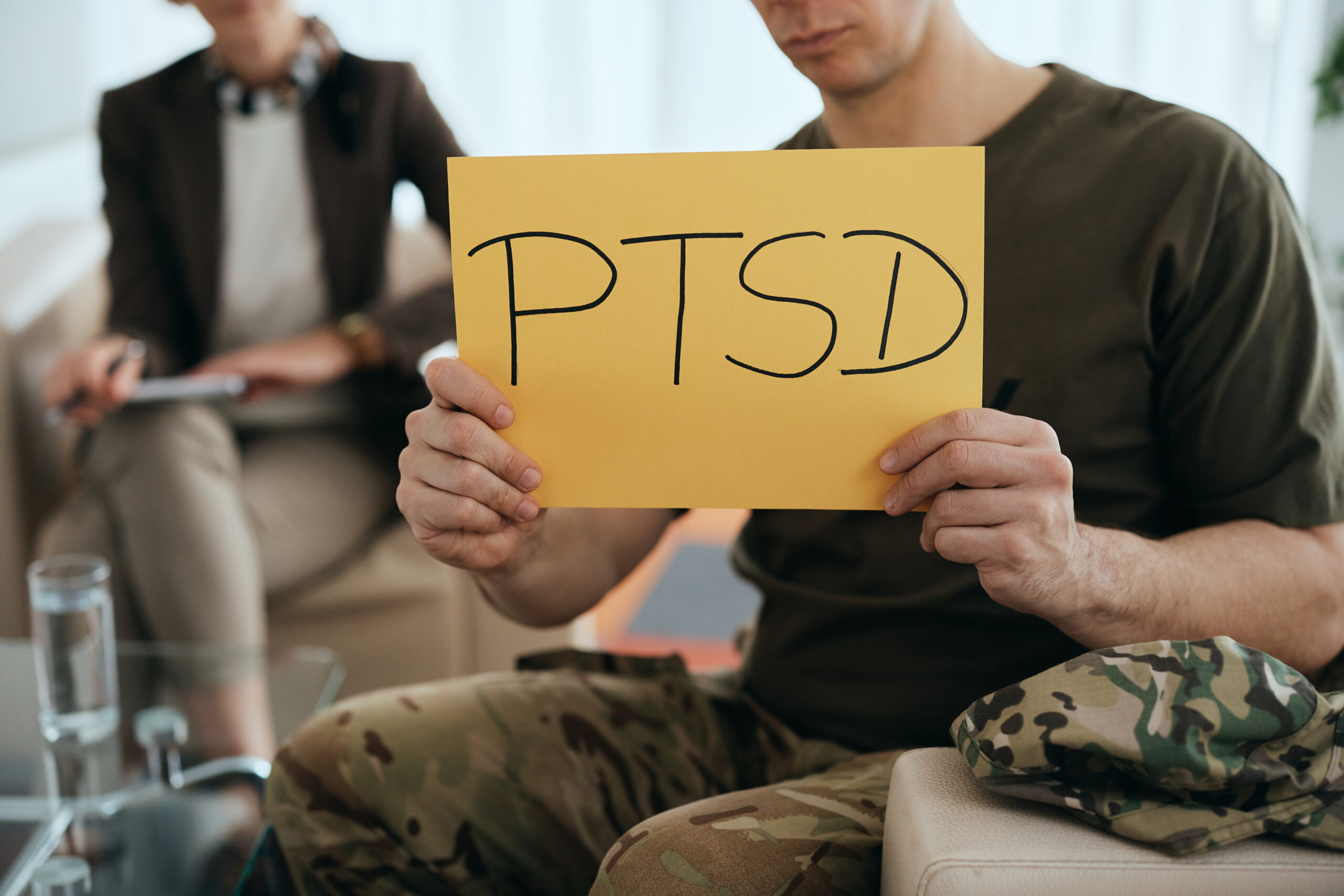If you are experiencing post-traumatic stress disorder (PTSD), you might feel uneasy about certain memories…

First Responders: Responding to a Traumatic Event
In the wake of a traumatic incident, responders from different levels of government and various organizations may be mobilized. This encompasses a range of services, including fire departments, police, law enforcement agencies, emergency management teams, medical services, and others present at the scene during the event. Participating in response and recovery efforts can be stressful, even for those who are highly trained. Nevertheless, steps can be taken to reduce the long-term effects on those involved in the response.
Considerations for Leaders
Responders frequently face overwhelming workloads and extended hours with scarce resources, often away from their families and support systems. They might encounter distressing scenes of crime and hardship, significant devastation, and life-or-death choices, all while putting themselves at risk. It’s important to remember that there are limits to how long the human body can operate under such challenging circumstances.
- Establish a clear chain of command right away
- Enforce policies and procedures for tracking worker attendance in the area
- Ensure that responders are adequately trained for their assigned roles
- Set limits on responder hours to prevent them from overexerting themselves
- Schedule mandatory breaks throughout their work shifts
- Provide briefings for workers upon their arrival at the site
- Hold debriefings at the conclusion of each shift
- Offer mental health support services as necessary
- Employ external law enforcement to oversee protocols and security measures
- Educate responders on department policies regarding media and political interactions while highlighting potential risks
Explosions, fires, and building collapses pose distinct dangers to first responders, necessitating protection from both immediate and long-term health risks.
- Supply personal protective equipment
- Offer wash stations and laundry facilities when suitable
- Adhere to decontamination protocols as necessary
- Avoid contaminating respite areas and places where food is prepared
- Confirm that communications equipment is in proper working order
Managing Your Workload
Responders often face long hours and heightened responsibilities, which may require them to engage in rescue and recovery efforts over multiple days.
Make sure you are aware of your roles and responsibilities, and have the appropriate training to carry out your duties.
- Attend a daily briefing before each shift begins.
- Keep shifts to a maximum of 12 hours.
- Limit the number of consecutive working days.
- Take regular breaks.
- Collaborate in teams to reduce solitary work.
- Establish a buddy system to understand each other’s skills and expertise.
- Prioritize self-care.
- Engage in a daily mental health debriefing at the end of each shift.
- Maintain connections with family and friends, ensuring a clear division between personal and work life.
- Recognize your personal signs of stress and utilize stress management techniques.
- Don’t hesitate to seek professional help if necessary.
Responders are at a significant risk of developing mental health issues, yet they frequently delay seeking assistance for work-related stress. Their vulnerability increases if they have faced extended separation from loved ones, encountered life-threatening situations, or previously witnessed trauma. The most effective way to safeguard against stress is to be well-prepared for the job and to enhance stress management skills prior to responding to a disaster.
Considerations for Leaders
It is essential for leaders to understand that responders face a significant risk of developing mental health issues. They must work to destigmatize mental health treatment and offer their employees the necessary support, which includes:
- Confidential mental health counseling
- Chaplain or spiritual care
- A peer-to-peer support network
- Alternative therapies like massage, meditation, or reiki
Tips for Managing Stress
- Recognize your individual signs of stress
- Strategize ways to handle significant stressors linked to your response to emergencies
- Make time for self-care and enjoy moments with family and friends
- Prioritize healthy sleep habits
- Maintain a nutritious diet while limiting junk food, caffeine, and alcohol intake
- Participate in activities that relieve stress, such as stretching, walking, reading, or listening to music
Vicarious Trauma
If you engage with individuals who have endured trauma, you may be at risk of experiencing vicarious trauma due to your empathetic connection with them. The symptoms of vicarious trauma resemble those associated with PTSD and can impact your sense of safety, trust, and self-esteem. To alleviate your symptoms, consider reducing the amount of time spent working directly with traumatized individuals. If symptoms continue, it’s important to seek professional assistance.
Compassion Fatigue
Over time, some professionals in caregiving roles may face emotional depletion, resulting in a diminished capacity for empathy after encountering numerous traumatic stories. They might start to feel as though they have “nothing left to give” and may adopt a pessimistic outlook on the world. This phenomenon is referred to as compassion fatigue. To alleviate symptoms, consider utilizing the coping strategies outlined in the Mental Health Considerations tip sheet, and seek professional assistance if the symptoms continue.
Burnout
Over time, working in a high-stress environment can lead to fatigue and weariness. You might experience emotional exhaustion, develop cynicism, and find yourself losing enthusiasm for producing your best work. This condition is referred to as burnout. Here are some warning signs to be aware of:
- Exhaustion
- Feelings of sadness
- Pessimistic attitudes towards work
- Heightened cynicism
- Diminished sense of hope
- Sharing personal information inappropriately
- Relying on unhealthy coping mechanisms
- Forgetfulness
Recognizing Post-Traumatic Stress Disorder
First responders have a higher likelihood of developing PTSD compared to the general population. If you experience any of the following symptoms for more than a month, it’s important to seek professional assistance:
- Recurrent, intrusive, and distressing memories of the traumatic event, including flashbacks and nightmares
- Heightened arousal and a constant feeling of being on edge, which may manifest as difficulty sleeping, concentrating, or functioning normally
- Ongoing avoidance of anything that triggers memories of the trauma
- A sense of detachment from others
- Continuous feelings of anger, fear, guilt, horror, or shame



